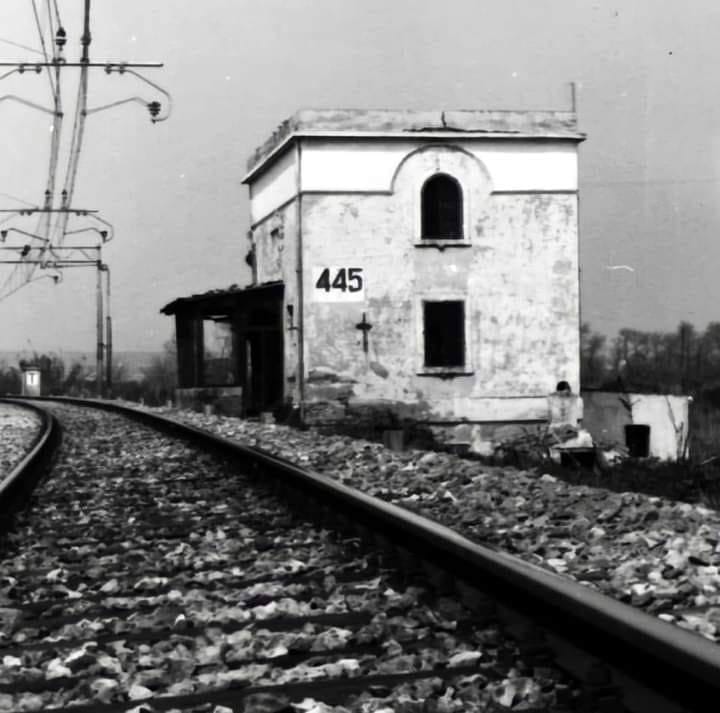Second Class
The aesthetic of a second class train station waiting room in 1970s Italy.

Damp, dank, taste of sweating metal. Wooden seats with a slightly thick layer of grease and sweat that you can chip off with a fingernail. Echoing, regardless of how many people are inside. Colder inside in the winter than outside, hotter inside in the summer than outside. Residues of temperatures, textures, endless waiting.
Clammy even when the weather is hot and dry. Damp penetrating cold in the winter.
As a person enters, everyone else briefly looks up and then returns to solitary contemplation of whatever random thoughts occupy the time of waiting. Life paused. A benign ring of Hell or a modest purgatory. Nothing is comfortable, everything is rather uncomfortable, but not unbearably so.
Women with too many plastic bags. Older men with awkward valises. Young girls arriving in clumps, giggling until they develop a sense of self-consciousness and then lapse into brief staccato comments punctuated with sighs. Some sighs are audible, some are a silent physical heaving of the shoulders.
Rustle of newspapers being read without much attention paid to contents. The odd pocket book with covers folded all the way over. A few glossy magazines or scandal rags, pages turned with dampened fingers sporting garish nail polish.
Not yet an age with computers, screens or cell phones. The odd comment about the lateness of the trains, complaints of the temperatures. Bashful and furtive unwrapping of a sandwich, discrete slicing of salami and cheese in wax paper.
Some are chain smoking, grinding out the butts under their heels or expertly flinging them away with the flick of the thumb under the middle finger, like shooting marbles.
Couples don’t talk together — the scene is too crowd-intimate to allow for the truly intimate.
Odd scents wafting in the air of perfume, fancy soap, detergent or harsh yellow laundry soap, then deodorants, sweat mixed with sweet talcum or tangy fresh sweat of hard labour. Distinctly unpleasant sweat reminiscent of a pile of forgotten damp clothes. Almost like a hockey-equipment bag, but more disturbing as the odour reeks of neglect and defiance — nothing “sporty” about it. One might forgive testosterone, but not the reek of dejection, moral corruption seeping through flesh, olfactory turpitude.
Would you like to read more posts? If so, please click the Home Page link below:

You, Dear Reader, are much needed and appreciated.
Everything written requires a reader to make it whole. The writer begins, then you, dear reader, take in the idea and its image, and so become the continuation of its breath. Please subscribe so that my words can breathe. Consider this my hand, reaching out to yours.
